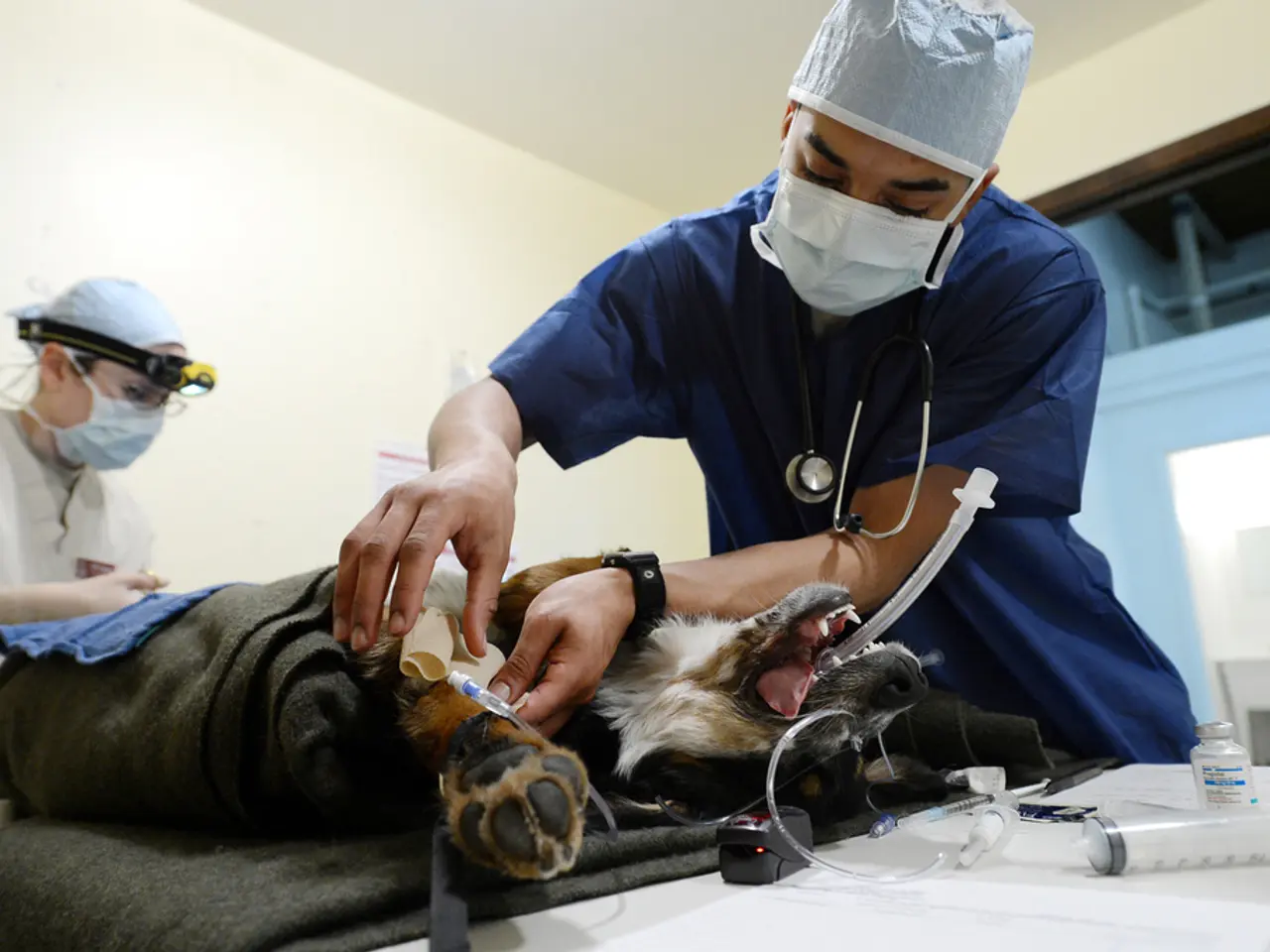Invitation-based organ donation: The need for family discussions, green pathways, and increased initiatives
India is embarking on a comprehensive strategy to enhance organ donation rates, aiming to surpass global averages by tackling cultural, religious, and regulatory barriers. This approach involves coordinated policy, public-private partnerships, training, awareness campaigns, and infrastructure upgrades.
Key strategies include:
- Strengthening coordination and public-private partnerships: Organisations like the MOHAN Foundation collaborate with government and private hospitals to train transplant coordinators. These professionals, who boost consent rates by educating families and managing logistics, have significantly increased donations, as seen in Tamil Nadu, where brain death certification is mandatory and a state transplant authority ensures fair organ allocation.
- State-level initiatives with incentives: Andhra Pradesh’s Jeevandan program, for instance, uses mobile transplant coordinator teams, offers financial and funeral support to donor families, and grants state honors. These initiatives have raised donation numbers and public acceptance.
- National campaigns and awareness programs: The Union Government’s year-long Angdaan Jeevan Sanjeevani Abhiyan campaign educates citizens, encourages organ pledging, and trains healthcare professionals. Public campaigns promote organ donation as a civic norm, pushing for pledged donations at everyday touchpoints like driver’s license applications.
- Legal and regulatory framework: The 1994 Transplantation of Human Organs and Tissues Act (THOTA) provides the legal foundation, empowering State Appropriate Authorities to oversee compliance and regulate donation and transplantation. The National Organ and Tissue Transplant Organisation (NOTTO) coordinates organ allocation nationally.
- Infrastructure and capacity-building: Expanding ICU readiness in hospitals, improving organ retrieval logistics, and increasing the number of trained transplant coordinators ensure that willing donors and families can proceed with donation without procedural or operational roadblocks.
- Transparency and equitable allocation: Establishing centralized, Aadhaar-linked donor and recipient registries enhances trust by ensuring fair allocation and preventing misuse.
- Focus on deceased donation and brain death awareness: Campaigns highlight the importance of deceased donors, especially brain stem dead individuals who can donate multiple organs. However, deceased donations currently account for only 5-6% of donations in India, so awareness efforts focus on this group to increase potential donors.
In addition, hospitals should establish ethics committees, conduct regular audits, and maintain clear protocols for compliance and donor-recipient communication. The average number of organs transplanted per donor in India rose from 2.43 in 2016 to 3.05 in 2022.
Despite these efforts, India’s organ donation rate remains low, standing at 0.65 per million population. To address this, campaigns should encourage families to discuss organ donation before a medical crisis occurs to improve consent rates. Currently, only around 11,000 kidney transplants are performed each year in India.
However, these initiatives are yielding results. India’s annual organ donations have risen from fewer than 5,000 in 2013 to over 15,000 by 2022, with some states like Tamil Nadu surpassing national and global averages. By addressing cultural resistance, religious concerns, and regulatory and infrastructural challenges, India is positioning itself to become a global leader in ethical organ transplantation.
- The policy needs to strengthen coordination and public-private partnerships in India's organ donation strategy, involving organizations like the MOHAN Foundation with government and private hospitals to train transplant coordinators.
- Incentives can be implemented at the state level, such as Andhra Pradesh’s Jeevandan program, which uses mobile transplant coordinator teams, offers financial and funeral support to donor families, and grants state honors.
- National campaigns and awareness programs like the Angdaan Jeevan Sanjeevani Abhiyan should continue to educate citizens, encourage organ pledging, and train healthcare professionals.
- The Transplantation of Human Organs and Tissues Act (THOTA) and the National Organ and Tissue Transplant Organisation (NOTTO) provide a legal and regulatory framework for organ donation and transplantation in India.
- To build infrastructure and capacity, India should expand ICU readiness in hospitals, improve organ retrieval logistics, and increase the number of trained transplant coordinators.
- Establishing centralized, Aadhaar-linked donor and recipient registries can promote transparency and ensure equitable allocation in the organ donation process.
- The focus on brain death awareness and increasing deceased donations is crucial, as this group currently only accounts for 5-6% of donations in India.
- The medical-industry should invest in health-and-wellness initiatives, fitness-and-exercise programs, therapies-and-treatments, and nutrition education to address chronic-conditions like chronic-kidney-disease, which may lower the need for organ donation and transplantation in the future.







